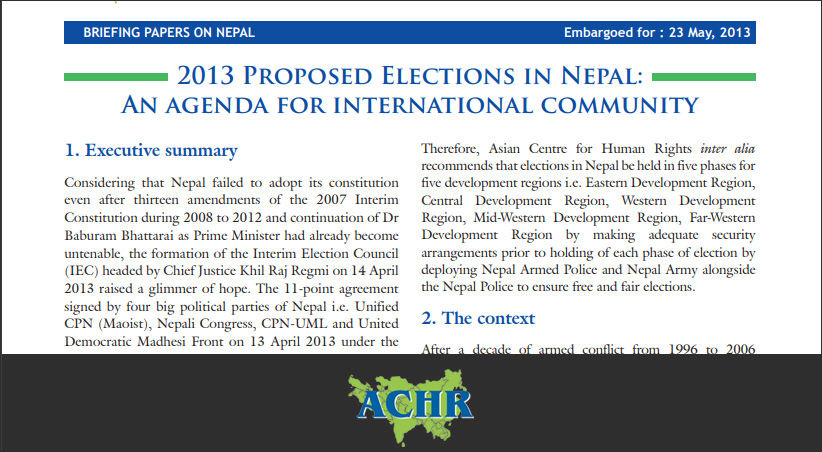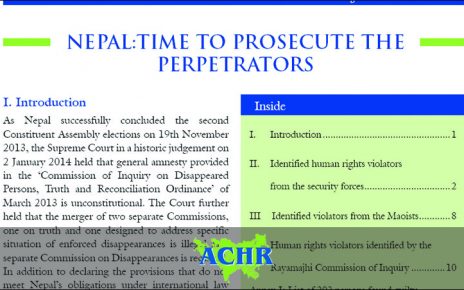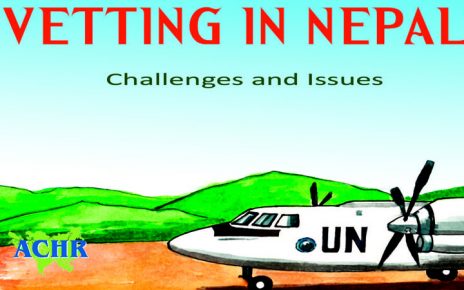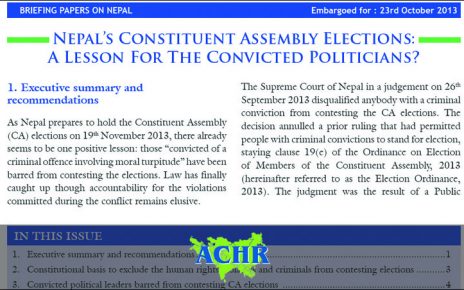Considering that Nepal failed to adopt its constitution even after thirteen amendments of the 2007 Interim Constitution during 2008 to 2012 and continuation of Dr Baburam Bhattarai as Prime Minister had already become untenable, the formation of the Interim Election Council (IEC) headed by Chief Justice Khil Raj Regmi on 14 April 2013 raised a glimmer of hope. The 11-point agreement signed by four big political parties of Nepal i.e. Unified CPN (Maoist), Nepali Congress, CPN-UML and United Democratic Madhesi Front on 13 April 2013 under the garb of High Level Political Mechanism facilitated the formation of the Interim Election Council.
The IEC has been mandated to conduct Constituent Assembly-Parliament elections within 21 June 2013 or within 15 December 15, 2013 if elections cannot be held within 21 June 2013 due to technical causes or intractable situation.
There is obviously no possibility to hold elections by 21 June 2013 and the dates for holding elections by December 2013 are yet to be announced. The IEC faces many challenges to conduct free and fair elections. These include questionable mandate of the four big political parties in the light of the vehement opposition by 33 political parties led by Communist Party of Nepal (Maoists) led by Mohan Vaidya, credibility of the IEC itself in the light of writ petitions pending before the Supreme Court of Nepal on the appointment of Justice Regmi as the Chairman of the IEC, spectre of violence looming large over Nepal, 1% threshold for proportional representation by the political parties, registration of all the eligible voters, delimitation of constituencies and question of accountability.
There are lots of “ifs and buts” before elections are held. If elections are indeed held in which even the Vaidya faction participates, the spectre of violence shall remain the most critical challenge for holding free and fair elections.
Therefore, Asian Centre for Human Rights inter alia recommends that elections in Nepal be held in five phases for five development regions i.e. Eastern Development Region, Central Development Region, Western Development Region, Mid-Western Development Region, Far-Western Development Region by making adequate security arrangements prior to holding of each phase of election by deploying Nepal Armed Police and Nepal Army alongside the Nepal Police to ensure free and fair elections.




